News
Welcome to the Platinum Care Services Blog
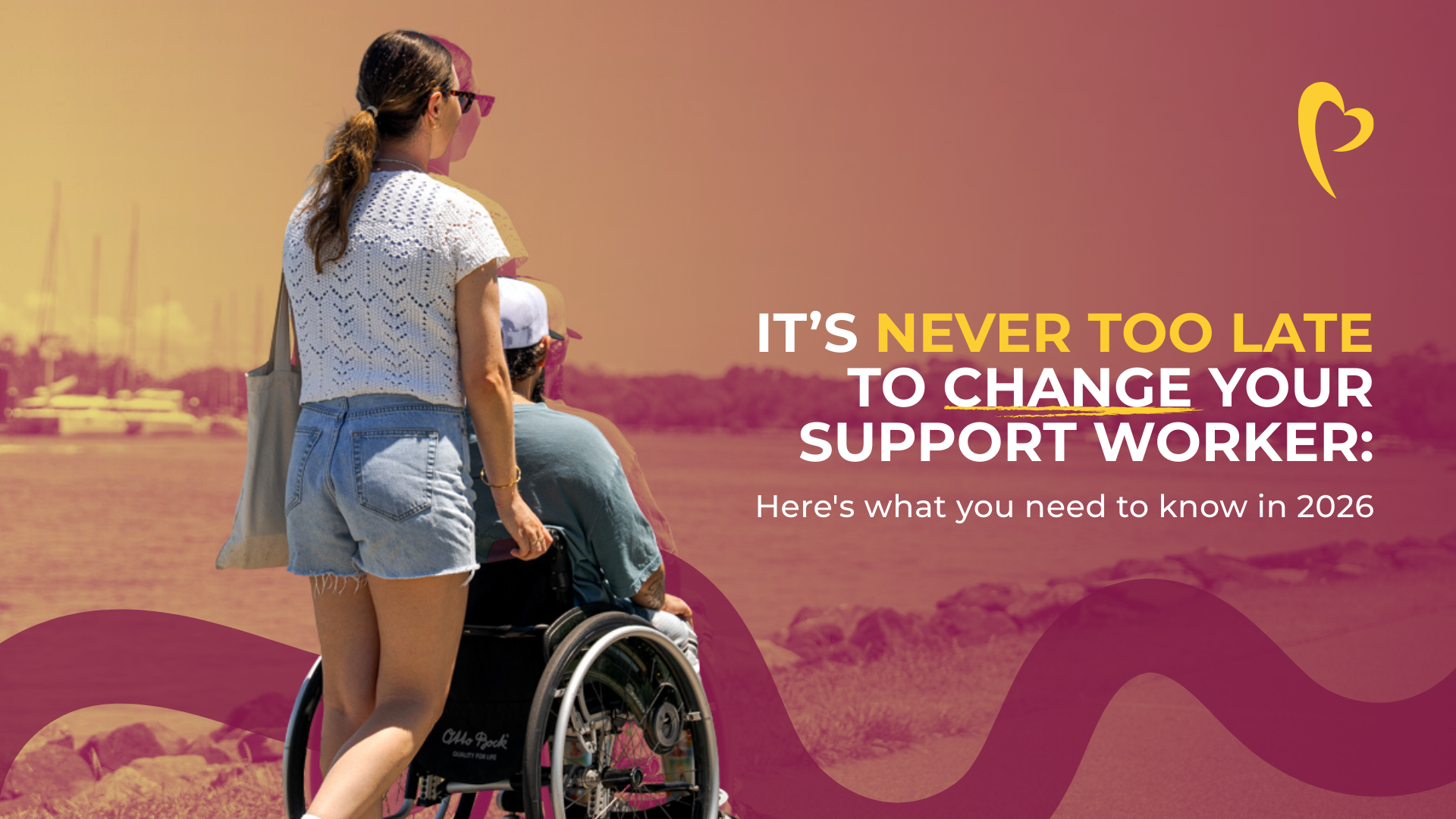
The Christmas season is a time for celebration, connection and joy. It can also bring added stress, changes in routine and busy environments that may feel overwhelming. At Platinum Care Services, we understand how important it is to support participants, families and carers during this time so everyone can enjoy the festive season comfortably and confidently. Why Christmas can feel overwhelming Christmas often involves crowded events, irregular schedules, heightened emotions and busy surroundings. For many participants these sudden changes can feel stressful. Familiar routines may shift, social expectations can increase and sensory distractions may be more noticeable. Families and carers may also feel the pressure of planning, hosting and supporting loved ones through this demanding time of year. Having the right strategies in place can make Christmas calmer, more enjoyable and more meaningful for everyone involved. Tips for maintaining calm during routine changes Keeping a sense of structure can help reduce stress during the festive season. A few simple adjustments can make a big difference: Create a clear plan for the week including events, visits and quiet time Prepare visual schedules or write plans on a calendar to help with predictability Keep morning and evening routines as consistent as possible Discuss upcoming changes early to help ease uncertainty Encourage small breaks during busy days to prevent overwhelm Predictability provides comfort. When participants know what to expect, they can approach festive activities with more confidence and calm. vvv Managing crowded events and sensory changes Christmas can be full of sensory triggers such as lights, noise, music and movement. Here are ways to navigate these environments more comfortably: Choose less crowded times to shop or attend local events Bring comfort items such as headphones, sunglasses or fidget tools Find quiet areas or safe spaces to take breaks during outings Attend smaller or more familiar gatherings rather than large functions Plan shorter visits and leave early if needed Listening to sensory needs helps create positive experiences, rather than forcing uncomfortable situations. Supporting emotional wellbeing during the festive season Christmas can bring feelings of excitement, joy, anxiety or sadness. This emotional mix is normal. Supportive strategies can help maintain emotional balance: Check in regularly about how the person is feeling Limit the number of activities in one day Encourage grounding strategies such as deep breathing or gentle movement Allow time to rest between events Be patient and acknowledge that emotions may fluctuate The focus should be on enjoyment, not pressure. It is okay to adjust plans to support comfort and wellbeing. Balancing rest with festive plans A busy calendar can be fun, but it is also important to protect downtime. Rest may look different for everyone. Some may enjoy quiet hobbies, while others may prefer gentle walks or relaxing at home. To keep the season balanced: Space out events so days do not feel too full or a chore Prioritise activities that feel meaningful rather than doing everything Encourage breaks and restful moments throughout the day Plan at least one quiet day after a big social activity Focus on quality time rather than quantity of events When rest is prioritised, Christmas becomes more enjoyable and less exhausting for participants and their support networks. How Platinum Care Services can support you during the festive period At Platinum Care Services, we understand the impact that the festive season can have on participants, families and carers. Our team works closely with you to plan activities that feel comfortable, manageable and enjoyable. We can assist with routine planning, community participation, emotional support and creating positive experiences during the holidays. We believe Christmas should feel special, not stressful. With thoughtful planning, gentle support and a focus on wellbeing, the festive season can be a time of connection and joy for everyone. If you would like extra support or would like help planning for the festive period, we are here to help.
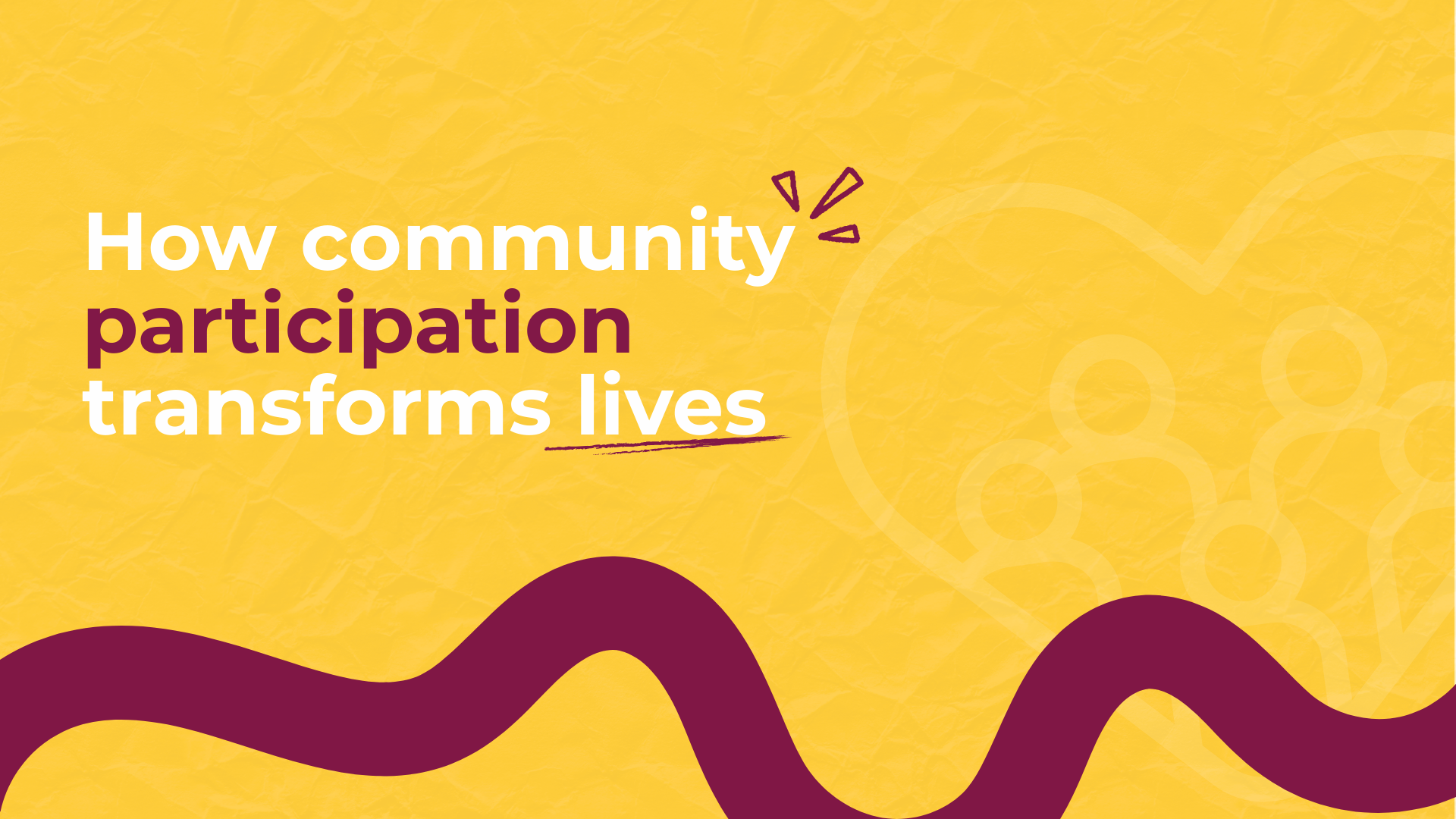
At Platinum Care Services, we believe that being part of a community can transform lives. That is why our Community Participation supports are designed to help individuals build meaningful connections, engage in shared experiences and feel truly included. Why community participation matters Humans thrive when we belong. Being connected to others, whether neighbours, peers or community groups, gives us a sense of belonging, purpose and identity beyond our daily routines. When people engage in community activities they discover shared interests, make friends and feel part of something bigger than themselves. Participation looks different for everyone. People have different preferences, needs and capabilities. That is why our community participation support is flexible and tailored around each person so that everyone can take part in ways that suit them. How we promote social inclusion through community activities Our team at Platinum Care Services works with participants to explore community activities that match their interests and goals. Our supports includes: Connecting with local social groups, clubs, events or meetups Supporting attendance at community events, social outings or group activities Helping with transport, planning and access so activities are inclusive and manageable Facilitating shared hobbies such as arts, sports, crafts, group outings, volunteering or recreation Encouraging friendships, social networks and peer relationships Providing support and encouragement to build confidence in social settings The benefits of community participation When someone becomes involved in community life the positive outcomes often go beyond the activity itself. These can include: Increased confidence through social interaction and new experiences A stronger sense of belonging and being accepted Opportunities to build friendships and supportive relationships Improved emotional wellbeing and a sense of purpose Development of social, communication or practical skills in real life settings Feeling valued and contributing to the community rather than simply receiving support Through community participation people often find joy, connection and a sense of normalcy. These experiences can lead to enhanced wellbeing, resilience and a more fulfilling life. What inclusive community participation looks like Inclusive community participation offers options that suit different interests, needs and abilities. Examples of activities we support include: Local community events, festivals, markets or social gatherings Group classes such as art, music, dance, craft or other hobbies Sports or recreation including walking groups, local clubs or casual exercise Volunteer or group based activities that give back to the community Social outings such as cafés, movies, group trips or nature walks Clubs or networks built around shared interests such as books, gardening or crafts By offering flexible support and listening to each person’s preferences, we help ensure that community participation is meaningful and accessible. How Platinum Care Services makes community inclusion easy At Platinum Care Services, we view community participation as an essential part of our support services. Our team collaborates with participants, their families and their carers to plan activities that reflect individual interests, abilities and goals. We assist with logistics such as transport, planning and accompaniment so that each experience feels safe, comfortable and enjoyable. We believe support should create opportunities for growth, connection and enjoyment. We encourage choices, respect individuality and celebrate each person’s journey as they engage with their community. If you or your loved one is looking to build friendships, explore new experiences or enjoy what community life has to offer, we are here to support you every step of the way. Start your journey towards connection Getting involved does not have to feel overwhelming. Think about what you enjoy or something you have always wanted to try and reach out to us. We will talk through your interests and help plan community activities that feel right for you. The result can be new friendships, fun experiences and a stronger sense of belonging. We believe everyone deserves to feel part of something. With our community participation support at Platinum Care Services, everyone has the chance.
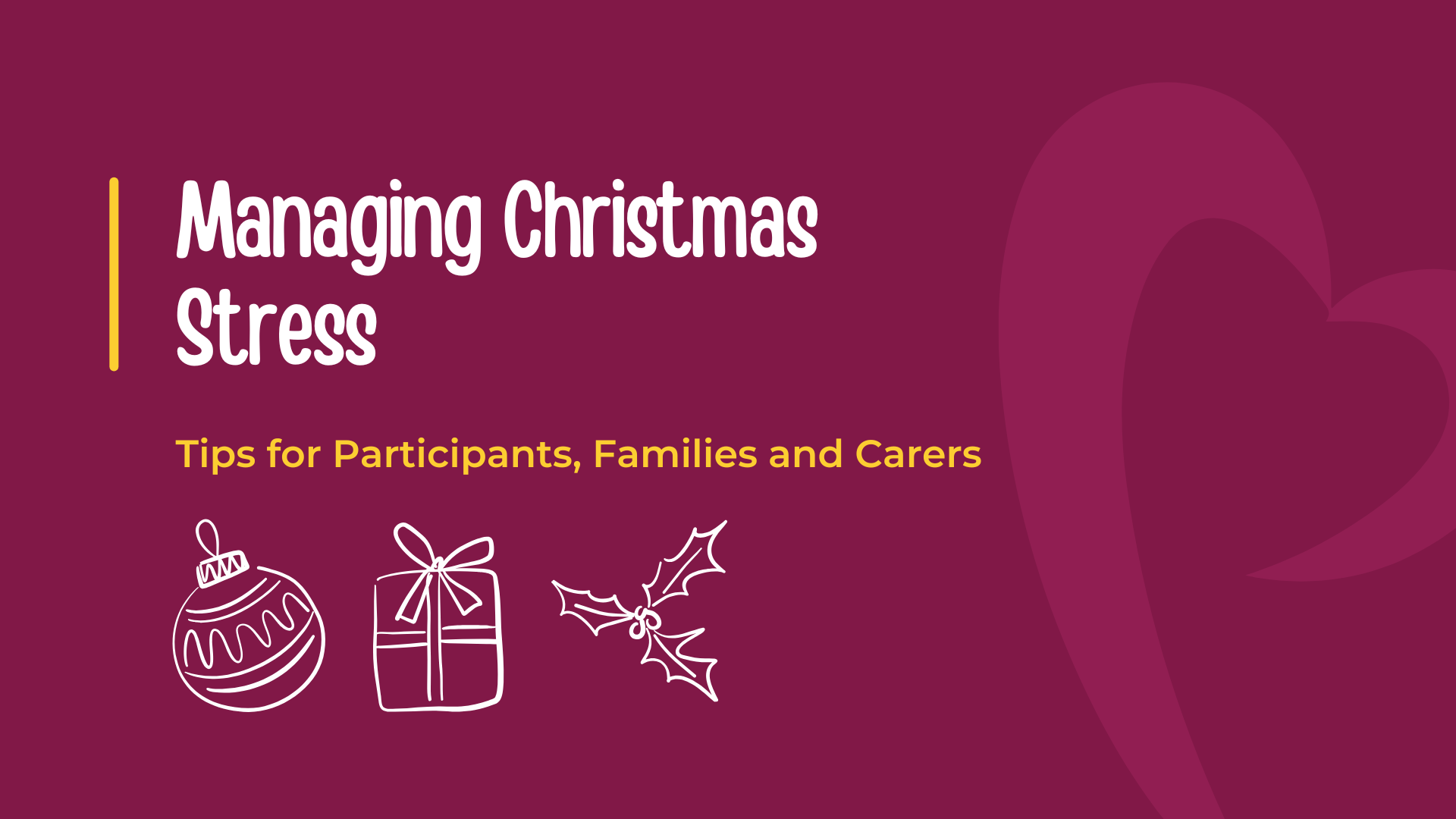
The Christmas season is a time for celebration, connection and joy. It can also bring added stress, changes in routine and busy environments that may feel overwhelming. At Platinum Care Services, we understand how important it is to support participants, families and carers during this time so everyone can enjoy the festive season comfortably and confidently. Why Christmas can feel overwhelming Christmas often involves crowded events, irregular schedules, heightened emotions and busy surroundings. For many participants these sudden changes can feel stressful. Familiar routines may shift, social expectations can increase and sensory distractions may be more noticeable. Families and carers may also feel the pressure of planning, hosting and supporting loved ones through this demanding time of year. Having the right strategies in place can make Christmas calmer, more enjoyable and more meaningful for everyone involved. Tips for maintaining calm during routine changes Keeping a sense of structure can help reduce stress during the festive season. A few simple adjustments can make a big difference: Create a clear plan for the week including events, visits and quiet time Prepare visual schedules or write plans on a calendar to help with predictability Keep morning and evening routines as consistent as possible Discuss upcoming changes early to help ease uncertainty Encourage small breaks during busy days to prevent overwhelm Predictability provides comfort. When participants know what to expect, they can approach festive activities with more confidence and calm. vvv Managing crowded events and sensory changes Christmas can be full of sensory triggers such as lights, noise, music and movement. Here are ways to navigate these environments more comfortably: Choose less crowded times to shop or attend local events Bring comfort items such as headphones, sunglasses or fidget tools Find quiet areas or safe spaces to take breaks during outings Attend smaller or more familiar gatherings rather than large functions Plan shorter visits and leave early if needed Listening to sensory needs helps create positive experiences, rather than forcing uncomfortable situations. Supporting emotional wellbeing during the festive season Christmas can bring feelings of excitement, joy, anxiety or sadness. This emotional mix is normal. Supportive strategies can help maintain emotional balance: Check in regularly about how the person is feeling Limit the number of activities in one day Encourage grounding strategies such as deep breathing or gentle movement Allow time to rest between events Be patient and acknowledge that emotions may fluctuate The focus should be on enjoyment, not pressure. It is okay to adjust plans to support comfort and wellbeing. Balancing rest with festive plans A busy calendar can be fun, but it is also important to protect downtime. Rest may look different for everyone. Some may enjoy quiet hobbies, while others may prefer gentle walks or relaxing at home. To keep the season balanced: Space out events so days do not feel too full or a chore Prioritise activities that feel meaningful rather than doing everything Encourage breaks and restful moments throughout the day Plan at least one quiet day after a big social activity Focus on quality time rather than quantity of events When rest is prioritised, Christmas becomes more enjoyable and less exhausting for participants and their support networks. How Platinum Care Services can support you during the festive period At Platinum Care Services, we understand the impact that the festive season can have on participants, families and carers. Our team works closely with you to plan activities that feel comfortable, manageable and enjoyable. We can assist with routine planning, community participation, emotional support and creating positive experiences during the holidays. We believe Christmas should feel special, not stressful. With thoughtful planning, gentle support and a focus on wellbeing, the festive season can be a time of connection and joy for everyone. If you would like extra support or would like help planning for the festive period, we are here to help.
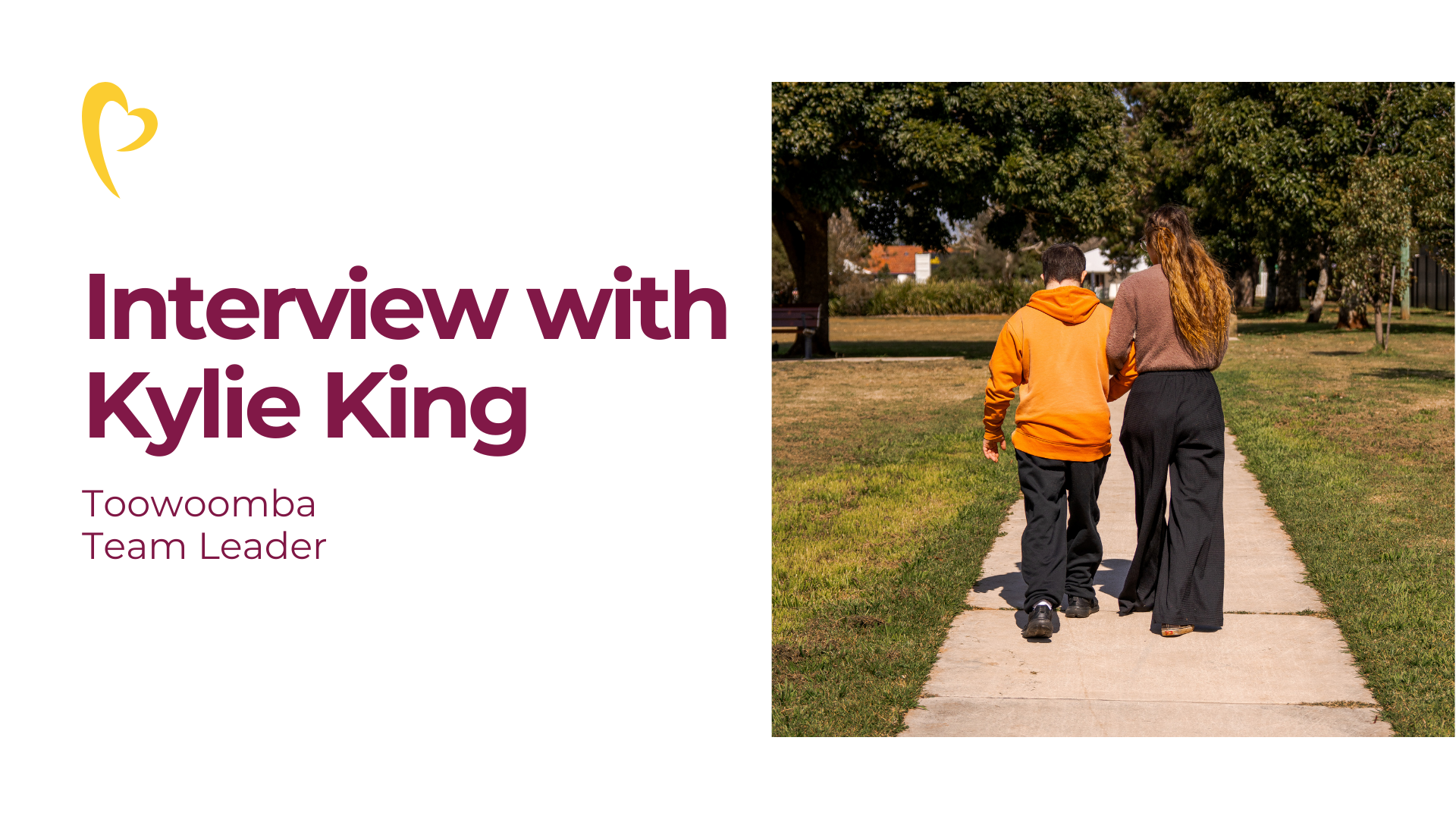
As part of our ongoing team spotlight series at Platinum Care Services, we caught up with Kylie King, our Toowoomba-based Team Leader, to explore her passion for disability care and what drives her dedication every day. For Kylie, working in disability care is deeply rewarding. She is inspired by the resilience of the people she supports and the commitment of her team. As a Team Leader, she is devoted to fostering independence, celebrating achievements, and building meaningful connections, making a real difference in the lives of participants every day. Here’s what Kylie had to share… What do you love most about working in disability care, and what keeps you inspired? What I love most about working in disability care is the opportunity to help people get the most out of their lives. Supporting someone to achieve their goals—big or small—is incredibly rewarding, and seeing their progress is what continues to inspire me every day. Can you walk us through what your role as a team leader involves, day to day? In my role as a Team Leader, my day-to-day responsibilities are quite varied. I manage and organise staff rosters to ensure we have the right support in place for each person we work with. I regularly check in with my team to make sure they feel supported, confident, and equipped to deliver quality care. A big part of my role also involves maintaining strong communication with Support Coordinators, families, and Team Leaders from other organisations. This helps ensure that everyone is aligned, any issues are addressed quickly, and the people we support receive consistent, person-centred care. Overall, my focus is on keeping things running smoothly for both staff and clients while fostering a positive team environment. What would you say to someone considering Platinum Care Services for themselves or a loved one? Platinum Care Services is a truly unique organisation. We genuinely care—100%—about the people we support, their families, and our staff. Our approach is personalised, consistent, and built around real relationships. We take the time to understand each person’s needs, preferences, and goals, and we work closely with families and other professionals to make sure our support is meaningful and effective. If you’re considering Platinum Care Services, you can feel confident that we prioritise safety, dignity, and quality care. We’re committed to helping people live fulfilling, independent lives while ensuring families feel supported, informed, and reassured every step of the way. What inspired you to work in disability care in the first place? To be honest, I’ve always been surrounded by caregiving in some way, so supporting others has always felt natural to me. When I first entered the disability sector, I didn’t know exactly what to expect, but I was eager to learn. I threw myself into the role—learning by doing, asking questions, and reading everything I could to better understand how to provide the best support. Over the last 11 years, this industry has taught me so much. Every person I’ve worked with has helped me grow, and I continue to learn every day. What inspires me most is knowing that the more I learn, the better I can support the people in my care. It’s a career that challenges you, teaches you, and rewards you all at the same time, and that’s what keeps me passionate about the work I do. Outside of work what's something that keeps you energised or inspired? Outside of work, my biggest source of energy and inspiration is my family. I’m a mother of five, and two of my children have disabilities of their own. Being in this industry has not only helped me grow professionally, but it has also given me the tools, knowledge, and confidence to better support my sons in their daily lives. Seeing their strengths, resilience, and individuality motivates me both at home and at work. They remind me why compassionate, person-centred support matters, and they inspire me to keep learning and giving my best every day. Need help finding the right match? At Platinum Care Services, we’re committed to connecting you with the support worker who’s right for you. Get in touch below, and let’s find your perfect match.
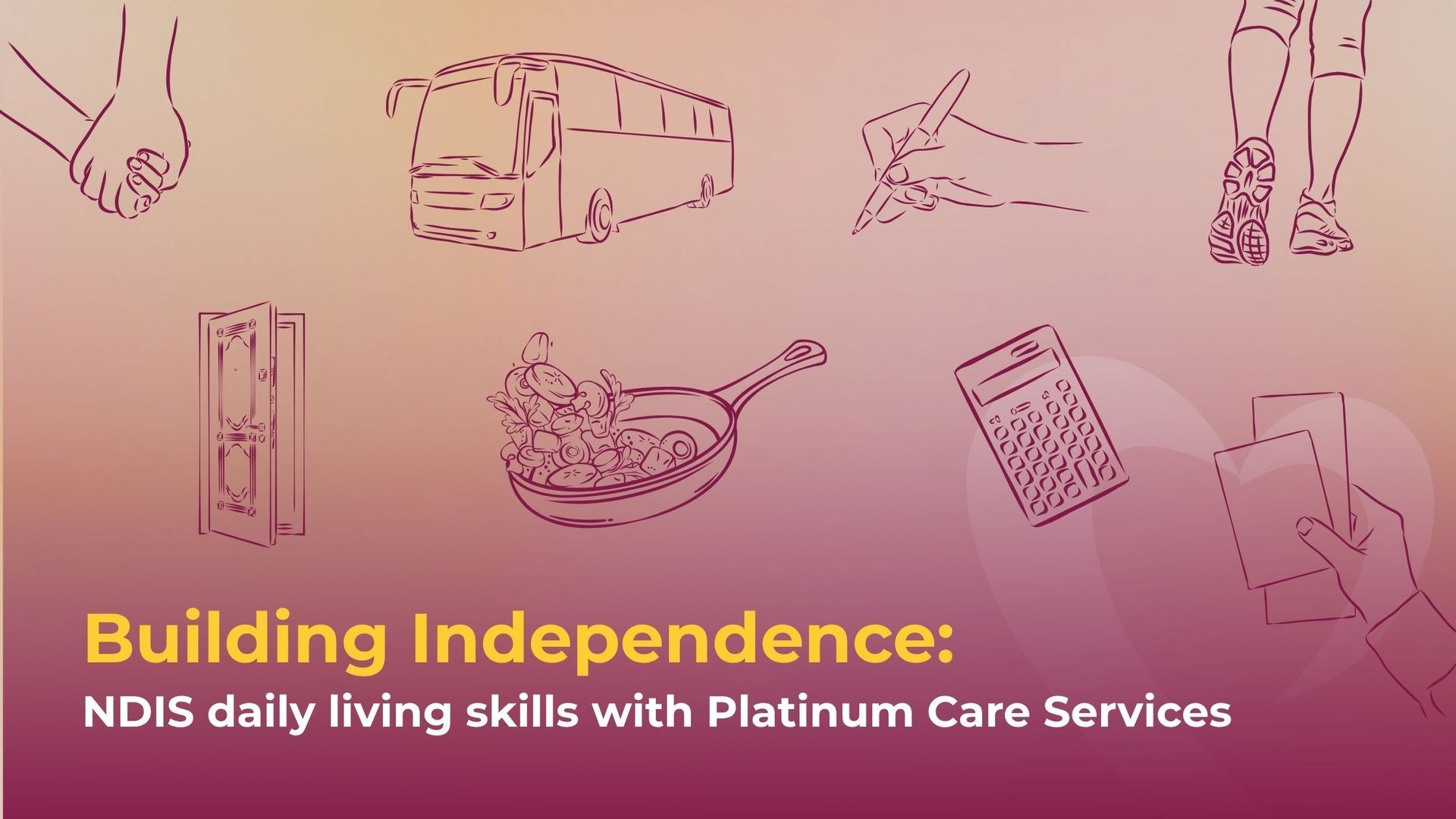
At Platinum Care Services, we believe that independence is at the heart of living a fulfilling life. That’s why our NDIS Daily Living Skills program is designed to help individuals with disabilities gain the confidence, knowledge, and skills needed to live life on their own terms. Developing key life skills Every person’s journey is unique, which is why our team provides flexible, personalised support that meets your specific goals. We work with you to understand the skills you want to develop, maintain, or strengthen, creating a plan that helps you achieve your full potential. Whether you’re looking for targeted guidance in a few areas or support across a range of daily activities, Platinum Care Services is here to help. We start by assessing your needs, then provide practical strategies and hands-on support to help you become more independent. How we can support you Our team can assist you in developing essential life skills, including: Meal planning and preparation Health and wellbeing support Travel skills, including road safety and using public transport Building social networks and friendships Literacy and numeracy support Budgeting and financial management Navigating government departments, bills, and accommodation needs Social interaction and communication. Why life skills matter When you invest in developing daily living skills, the benefits reach into every corner of your life. Participants in our program experience: Increased confidence in handling everyday challenges independently Stronger relationships through improved communication and social skills Community participation that enriches both your life and those around you Achievement of personal goals that once seemed out of reach Improved quality of life through greater autonomy and self-determination. Our program aligns seamlessly with NDIS goals and funding structures, ensuring your support is both effective and sustainable. Take the next step Ready to build your independence and develop essential life skills? Our team at Platinum Care Services is here to guide and support you every step of the way.
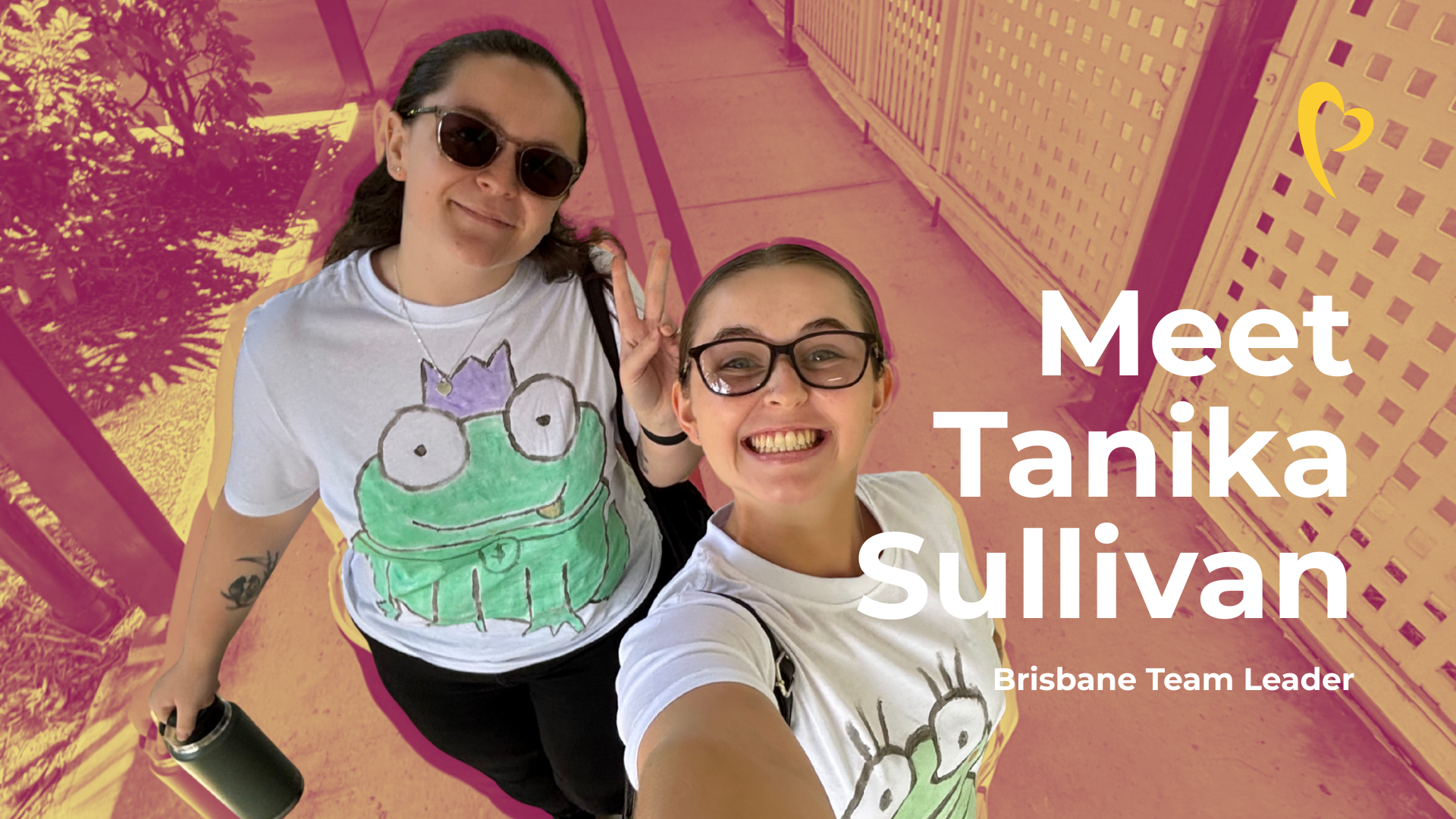
Next up as part of our team spotlight series at Platinum Care Services, we sat down with Tanika Sullivan, our Team Leader in Brisbane, to explore her dedication to disability care and the inspiration behind her work. Tanika finds working in disability care profoundly rewarding, inspired by the resilience of the people she supports and the dedication of her team. As a team leader, she is passionate about empowering independence, celebrating milestones, and creating meaningful connections, making a real difference in the lives of participants every day. Here is what she had to say... What do you love most about working in disability care, and what keeps you inspired? What I love most about working in disability care is how profoundly rewarding it is. It’s incredibly fulfilling to see participants achieve their goals, witness and celebrate their progress, and have the ability to bring a little bit of happiness and motivation to their day. What keeps me inspired is the unwavering resilience of the people we support. Their determination to live independently, to be included, and to contribute to their community is a powerful and constant motivator. I'm also deeply inspired by my team. Seeing their dedication and teamwork reminds me daily of the incredible impact we can make when we work together with a shared purpose. It's this combination and the collective commitment that fuels my passion and keeps me motivated in this rewarding field. Can you walk us through what your role as a team leader involves, day to day? For me, the core of this role is all about people. I focus on two key groups: our participants and my team. For participants, my priority is to ensure they receive person-centred care that truly meets their goals and preferences. We work closely with them, their families, and other stakeholders to make sure we're on the right track and to address any barriers that may arise. For my team, I'm dedicated to creating an inclusive and respectful culture where every staff member feels supported and valued. I make it a point to regularly check in with everyone to discuss their well-being and make sure they have the necessary support and training for their role. Operationally, the role requires a lot of communication, empathy, proactive problem-solving, and planning. I oversee rostering, assist in recruitment, coordinate training, and ensure we have the right staff in the right places, providing high-quality care at all times. What's one thing you wish more people understood about being a support worker? Support work is fundamentally about empowerment, not dependency. A common misconception is that support work is doing things for someone, but it’s actually almost the opposite. We provide the tools and support needed for individuals to achieve their goals and live their lives with as much independence as possible. We are simply an extension of their will, not a replacement for it. In your view, what sets Platinum Care Services apart from other providers? What sets Platinum Care Services apart is their person-centred philosophy, "Placing people at the heart of everything we do," and their status as a family-owned business. This philosophy distinguishes them from other providers by prioritsing the individual's needs and preferences, leading to a more flexible and responsive care experience. As a family business, they operate with a deeper sense of personal accountability and a long-term commitment to quality. This often results in a more consistent and compassionate service for both the participants and staff. Can you share a memorable moment or achievement from your time with Platinum Care Services? A truly memorable moment for me was seeing a young participant I supported achieve a significant step towards their independence. We had been working together for a few weeks with a focus on building their confidence to navigate further education on their own, from taking public transport to a ending classes, engaging with peers, and ordering food. On our next session, they ran up to me with the biggest smile to tell me they had done it all on their own. It wasn’t about the task itself, but the look of pure pride and accomplishment that truly stood out. That moment perfectly captures what my role is all about: empowering people to reach their goals and experience their own successes. What has working in disability care taught you about life or people in general? Working in disability care has completely redefined what success looks like for me. It's not about grand achievements but about the small, everyday victories. The greatest reward in my role is witnessing a participant achieve one of their goals and seeing the pure happiness and joy they find in their own accomplishments. This work has also taught me the fundamental importance of genuine human connection. I've learned that we are all, at our core, social beings who thrive on empathy, respect, and a feeling of being seen and heard. How do you celebrate progress and milestones with participants? I believe celebrating progress should be as unique as the person themselves. The most important thing is to understand what makes each participant feel valued and proud. I always like to involve their support network. Sharing a participant's progress with their family or friends can be a powerful motivator and a great way to build a sense of community. This not only celebrates the individual's success but also acknowledges the team effort behind it. Ultimately, it’s about making the person feel seen and valued for their effort and celebrating their success in a way that is meaningful to them. Need help finding the right match? At Platinum Care Services, we’re committed to connecting you with the support worker who’s right for you. Get in touch below, and let’s find your perfect match.
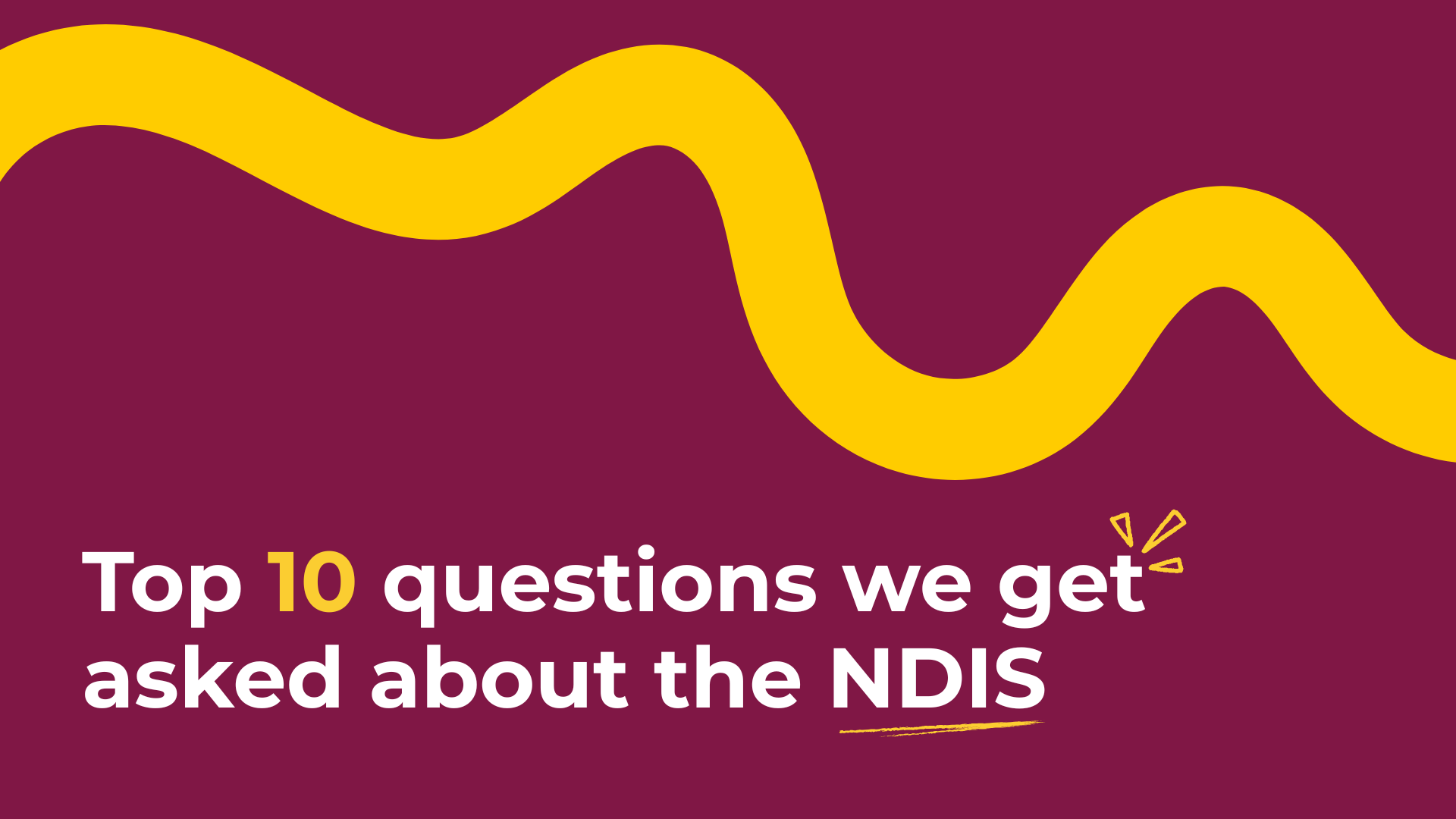
The NDIS, also known as the National Disability Insurance Scheme, is designed to provide people living with disability the funding and support they need to work towards independence and reach their goals. If you are new to the scheme it can feel overwhelming at first, so to make the process a little clearer we have put together the top 10 most asked questions we receive from carers, families & participants: What is the NDIS? It is a government program that provides funding and services to people with permanent and significant disabilities. It helps participants achieve their goals through supports such as therapy, personal care and community participation. Who can access the NDIS? You must be between 9 and 65, be an Australian citizen, permanent resident, or hold a Protected Special Category Visa, and have a permanent disability that affects daily life. If you are unsure, an NDIS Local Area Coordinator can help. How do you apply? Start by checking your eligibility, then submit an application with evidence of your disability. Once approved, you will attend a planning meeting to set your goals and create your plan. What is an NDIS plan & what does it look like? An NDIS plan is a personalised document that outlines your funding your goals and the supports you will use to achieve them. How is funding managed? There are three ways to manage your NDIS funding: NDIA managed: The NDIA pays the providers directly for services. Plan managed: You have a third-party Plan Manager who manages the funds and pays providers on your behalf. Self-managed: You manage the funding yourself and pay providers directly. What can funding be used for? All of our services we provide are eligible for NDIS funding, including Life Skills Development, In-Home Disability Support, Community Participation, Assisted Living & Accommodation/Tenancy Obligations. How often is a plan reviewed? Usually every 12 months, but you can request a review earlier if your needs change. In your review meeting you will sit down with your NDIS planner to talk about the progress you have made, explore any new goals you want to set and decide if your funding should be updated. What are the recent changes to funding periods? (May 2025) Most participants currently receive their full funding at the start of their plan, which typically lasts 12 months. While this allows flexibility, it can make budgeting difficult and may lead to overspending or running out of funds. From the 19th May 2025, new and reassessed plans will introduce shorter funding periods. These will generally be set at three months to make budgeting easier and ensure funds are released more regularly. This change will be introduced gradually and only after discussions with participants, so the approach is tailored to individual circumstances. What are the recent changes to support eligibility? (July 2025) In July 2025, several significant changes were introduced, including: A 3.95% rise in most NDIS price limits Adjustments to therapy travel costs An increase in the early childhood support age to 9 years A requirement for all Support Coordinators to be NDIS-registered from 1 July 2025 Automatic plan budget increases to reflect the new price limits in mid-July Where can I get more support & information? Reach out to the team here if you have any more questions regarding the NDIS or how it will shape a plan for you or a loved one. Alternatively please visit the NDIS website for further information: https://www.ndiscommission.gov.au/ .
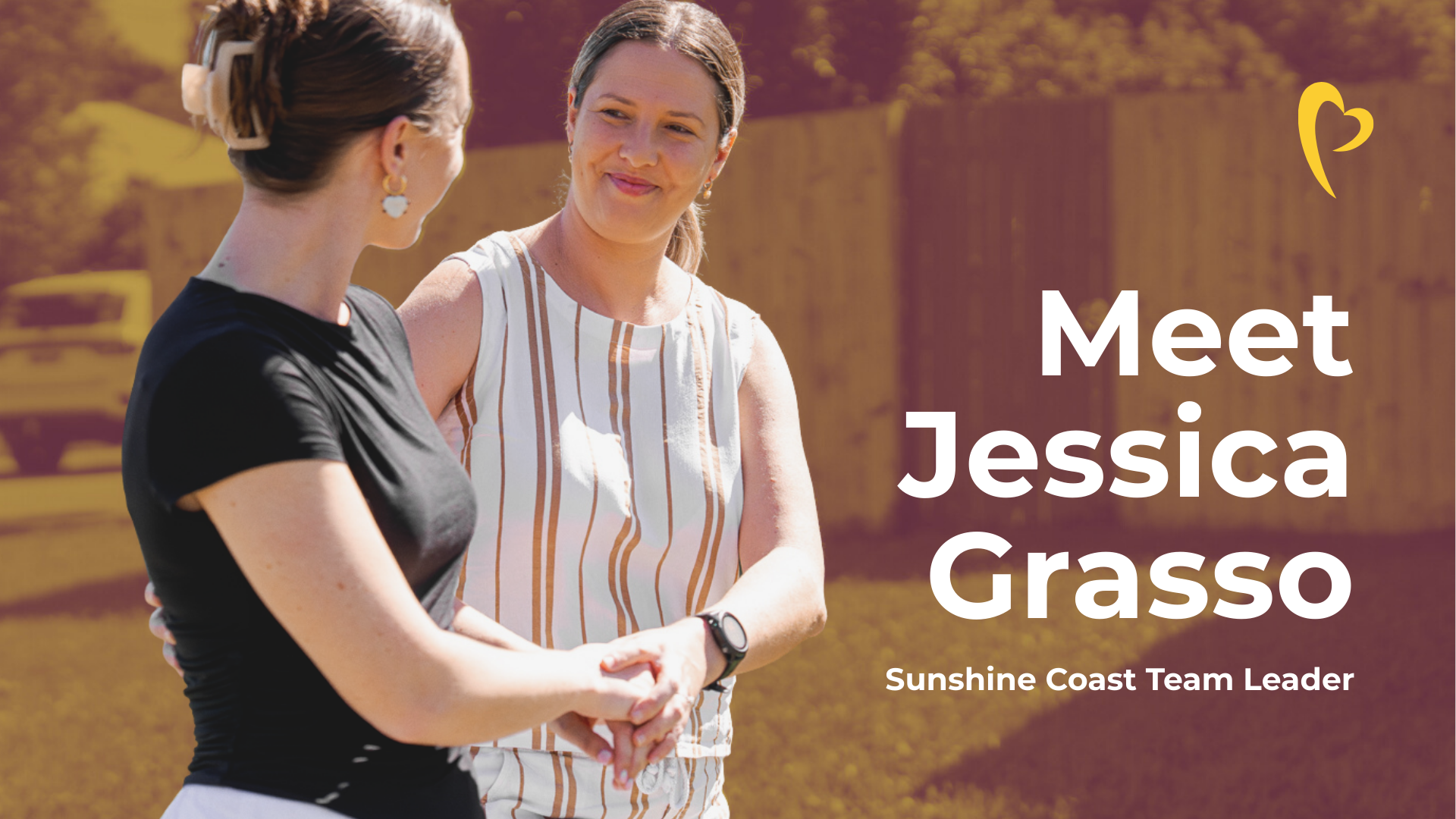
As part of our new team spotlight series at Platinum Care Services, we sat down with Jessica Grasso, our Sunshine Coast Team Leader, to learn more about her passion for disability care and what inspires her in her role each day. With both professional expertise and personal experience, inspired by her daughter’s journey with disability, Jessica brings deep empathy, dedication, and leadership to her role. From ensuring high-quality, person-centred support to fostering a strong, supportive team culture, Jessica is committed to making a meaningful difference in the lives of participants and staff alike. Here, she shares her insights, motivations, and what makes Platinum Care Services truly stand out. What do you love most about working in disability care, and what keeps you inspired? Working in disability is very fulfilling and rewarding because of the profound impact it has on an individual’s life. The interaction and stories that you hear and become part of are inspiring. Supporting people who are among the most vulnerable and making a difference in their lives, even for a short time, is something I am extremely passionate about. My daughter has a disability and through supporting her, I have gained firsthand insight into both the challenges and achievements experienced by people with unique needs. This personal journey has deeply inspired my passion for disability care. Walking alongside others and empowering them in their journey through life is truly indescribable. Can you walk us through what your role as a team leader involves, day to day? My role is to ensure our staff deliver high-quality, person-centred care to participants and that each service is tailored to their individual goals and preferences. I maintain communication with participants, their families, and support coordinators to discuss goals, progress, support needs, staffing, and any issues that arise. I also focus on making sure my team feels supported and foster an inclusive, respectful environment where all staff feel valued. I regularly check in with team members to ensure their wellbeing and to address any support needs. The role involves a lot of documenting, problem solving, planning ahead, and communication. I manage schedules and rosters to maintain adequate staffing levels, including coordinating leave and shift changes. I also oversee recruitment and ensure new and existing staff receive the necessary training and onboarding support. What's one thing you wish more people understood about being a support worker? Support work isn’t just a job. Support work is human “heart” work. It means showing up with empathy, compassion, empowering others, and being there on the tough days to make someone’s day a little brighter. It’s a privilege being invited into someone’s life in such a meaningful way. In your view, what sets Platinum Care Services apart from other providers? Kev and Tracey genuinely care. Not just for their clients, but also for their staff. Their philosophy is simple yet powerful: people are at the heart of everything we do. They make everyone feel valued and respected, and they always stand by their word. Their sincere desire to make a difference is clear in everything they do and that passion runs throughout the entire company. The company started out small and as it’s grown, Kev and Tracey have always stayed true to their values. Need help finding the right match? At Platinum Care Services, we’re here to help you find the right support worker. Reach out to us below and let’s find your right fit.
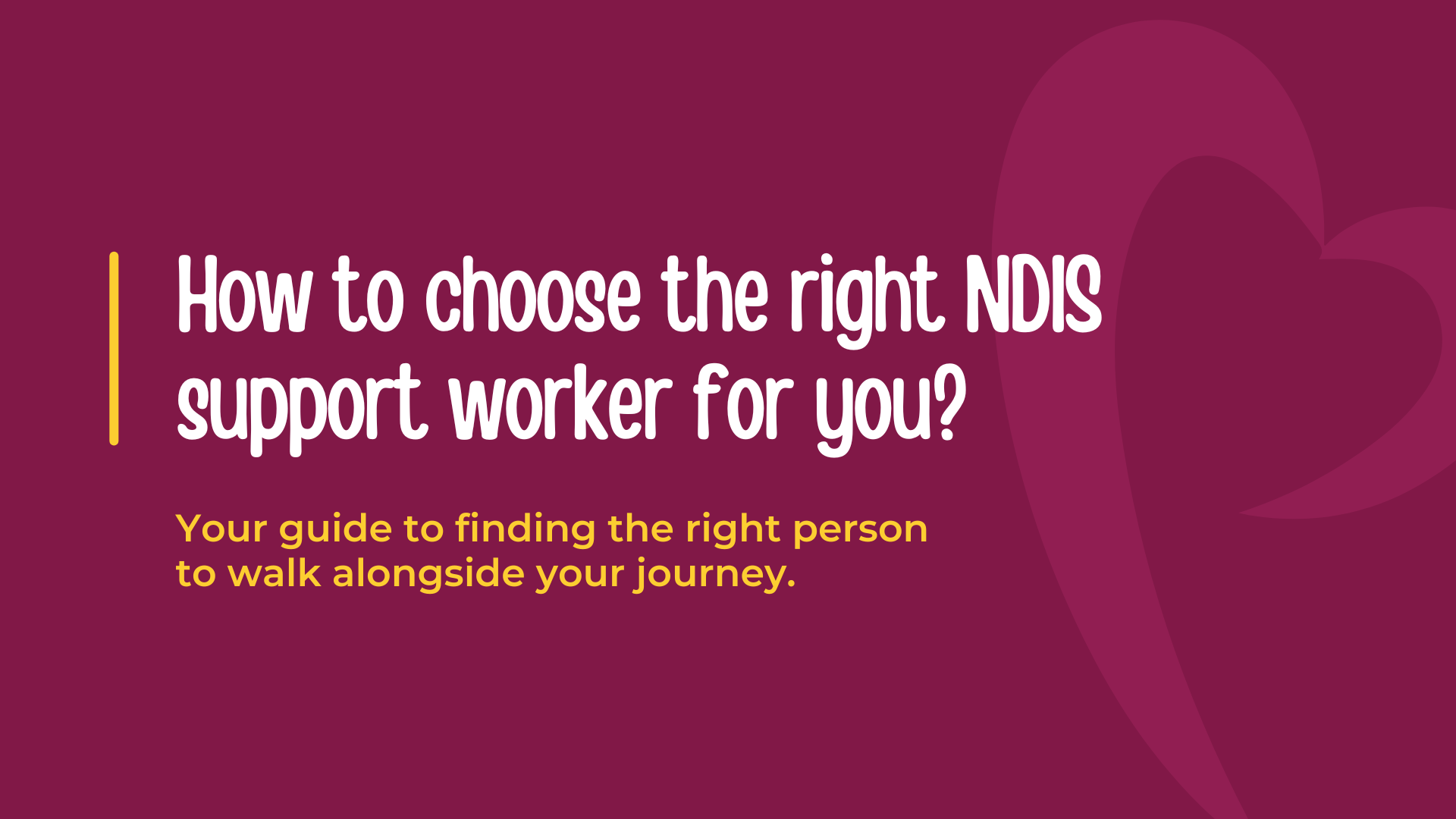
Your guide to finding the right person to walk alongside your journey. Finding the right support worker is one of the most important decisions you’ll make as an NDIS participant. The right person doesn’t just provide assistance, they become a trusted partner in your journey to achieving your goals and maintaining your independence. What is the role of a support worker? NDIS support workers are skilled professionals who adapt their approach to meet your individual needs and goals. Depending on your NDIS plan, a support worker may assist you with: Personal care - helping with daily activities like bathing, dressing and meal preparation Community - supporting you to participate in community activities and social events Skill development - assisting you to build independence and develop everyday skills Advocacy - helping you understand your rights and speaking up for your best interests Goals - working with you to achieve your NDIS plan goals. Before you start looking, understand what you need Choosing the right person starts with knowing what is most important to YOU. Define your goals Take the time to reflect on what you need: What areas do you need support with? What are your short and long-term goals? What does independence look like for you? What is most important to you? Understand your preferences Consider your personal preferences and requirements: Do you have a preference for male or female support workers? Are you more comfortable with someone energetic or calm? Do you have specific cultural or language requirements? Assess your schedule Map out your current routine and support requirements: What days do you need support? Are there specific activities that require support? Do you need flexibility with your schedule? Review budget Understand your funding: How many hours of support do you need per week? Are there specific funding categories you need to consider? Essential qualities to look for Not every support worker will be the right fit for you. Here’s what to look for: Patience and understanding It’s important to look for support workers who demonstrate genuine empathy and emotional intelligence. You deserve someone who listens without judgement, and brings a calm, compassionate presence. Relevant skills and experience Look for someone who understands your specific disability and shows a willingness to learn about your unique requirements. Good communication and reliability Good support is built on trust. You need a support worker who can communicate clearly, arrive on time and will keep you informed about any changes or concerns. Respect and dignity The best support workers treat you as an individual with your own preferences and choices. Look for someone who respects your privacy and personal boundaries, while being personable. Platinum Care’s guide to building a strong relationships Choosing the right support worker is an investment in your independence and quality of life. Take the time to find someone who not only has the skills and experience you need but also shares your values and supports your goals. Take your time, ask the right questions, and trust your instincts. Remember, you have the right to choose who provides your support, and you deserve to work with someone who treats you with dignity, respect, and professionalism. Need help finding the right match? At Platinum Care Services, we’re here to help you find the right support worker. Reach out to us below and let’s find your right fit.
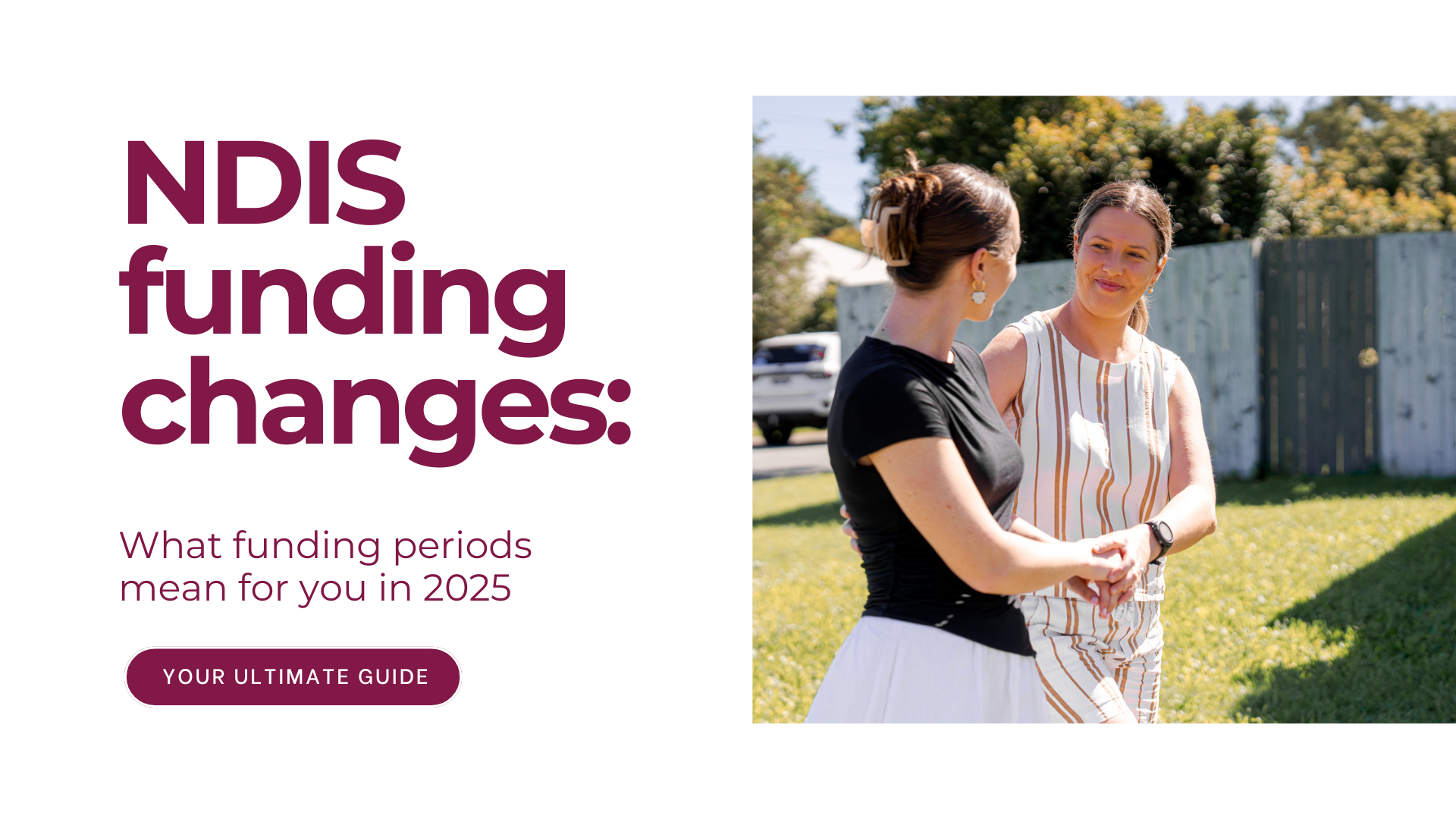
As of 19 May, the way NDIS plan funding is released has changed! If you’re an NDIS participant, provider, support coordinator, or plan manager, it’s important to understand how these changes could impact how and when you access NDIS funding. Don’t be alarmed! This update doesn’t reduce how much funding you receive, but it does change when and how you can access it. Let’s walk through everything you need to know about NDIS funding periods and how to manage your plan under the new system. What are NDIS Funding Periods? Funding periods are a new way the NDIS releases plan funding over time. Instead of receiving your full budget upfront, funds are now released gradually in smaller amounts. Here’s what you need to know: A funding period is a set timeframe during which a portion of your NDIS budget is available Most new and reassessed plans will have three-month funding periods You can only spend funds released in the current or previous period The funding period system initially applies to new and reassessed NDIS Plans. This change is designed to support more consistent budgeting and reduce the risk of running out of funds too early. How Funding Periods work Your NDIS plan still includes the same total funding amount which is the overall budget you receive for all your supports. The difference now is in how and when you can access it. The process works like this: A portion of your funding is released at the start of each period Once that period ends, the next portion becomes available Unspent funds roll over to the next period within the same plan Providers can claim for supports delivered in a previous period, as long as the dates fall within your active plan. Tip: Funding periods don’t reduce your total budget, they only affect the timing of when you can access funds. NDIS funding components The NDIS still divides funding into three main components (previously known as budget categories): Core – for everyday activities and supports Capacity Building – for building skills and independence Capital – for large, one-off purchases like assistive technology or home modifications. Each component may follow its own funding period, depending on the type of support and how it’s delivered. Different rules for different supports Some supports are treated differently under the new system, particularly Home and Living supports and high-cost services. What to expect: Plans that include Home and Living supports will have monthly funding periods (12 per year) Supported Independent Living (SIL) and other high-cost services may also follow monthly periods For large purchases (eg a custom wheelchair), additional funds may be released at the start of the plan. Managing your funding across periods With these changes, effective budget planning is more important than ever. Key points to remember: Unused funds within a plan roll over to the next funding period Funds don’t carry over to a new plan once your current plan ends You can’t access funds from a future period early In urgent situations, the NDIA may bring forward funds, but your total plan budget will not increase. Tracking your Funding Periods You can track your funding periods and usage in the NDIS participant portal. This includes: How much of your budget is available How much you’ve spent When the next funding release is due. With your consent, your plan manager and support coordinator can also view this data in the provider portal to help support your planning and spending. Getting help and support The introduction of funding periods marks a major shift in how the NDIS operates. If you’re unsure how this shift affects your specific situation, help is available: Work with your support coordinator to understand your spending patterns and plan adjustments Speak with your plan manager about managing cash flow between periods Contact the NDIA if you have urgent funding needs that can't wait for the next period Visit the official NDIS website for the latest updates and detailed guidance. And remember, these changes are designed to support you in achieving your goals while maintaining better control over your funding.


